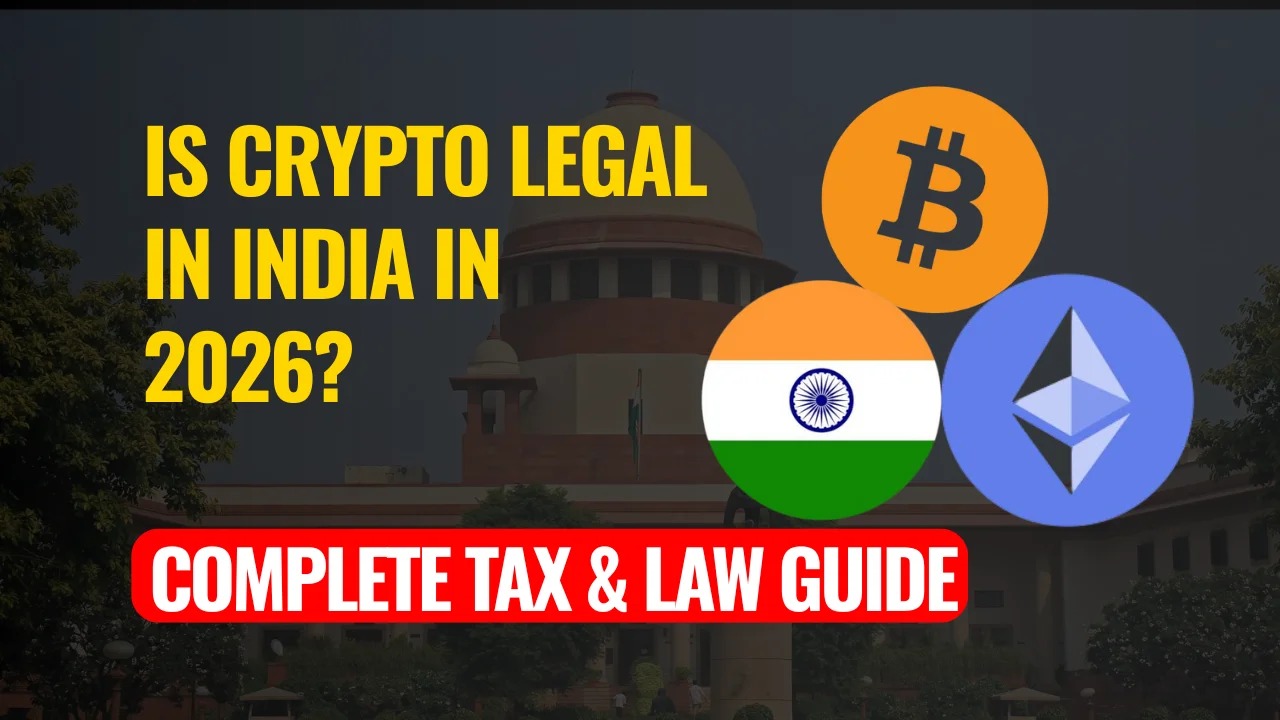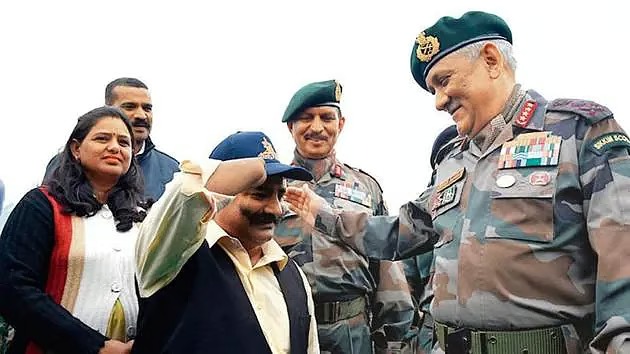Thottathil B. Radhakrishnan, J.@mdashThis Original petition is filed challenging a decision of the Kerala Administrative Tribunal. Petitioner, while working in the Divisional Office under the Fire and Rescue Services Department in Ernakulam, was transferred to North Paravur and simultaneously posted on special duty in the Office of the Assistant Divisional Officer, Ernakulam. She challenged that order before the Tribunal. It was noted by the Tribunal that she, being a native of North Paravur, cannot be aggrieved by an order of transfer to North Paravur. It was also held that she cannot be said to be aggrieved by the posting in the Assistant Divisional Office because that office is within the same compound, which housed the Divisional Office. The Tribunal dismissed the original application.
2. When the original petition came up for admission, on hearing submissions, the Bench noted that the Government needs to say about the violation of the Government decision of applying working arrangement methodology. Therefore, on 03.06.2013, the following order was passed.
We are prima facie impressed by the plea of the petitioner that notwithstanding the views expressed by the learned Tribunal, it appears to be a case, where there is clear violation of the laws in as much as the working arrangement is made by forcing her to work even without the availability of a post in the office to which she has been shunted on working arrangement. She also points out violation of guidelines relating to transfer, apart from the order of posting on working arrangement being in violation of the guidelines contained in Annexure-A3, a Government order of 1992, where the Government themselves have deprecated the working arrangement methodology in the absence of any sanctioned post. The learned Government Pleader will obtain specific instructions on this aspect, notwithstanding the reasoning of the learned Tribunal on the other issues. The respondents will file a statement in this regard.
Post on 18.06.2013.
3. A counter affidavit was placed on board, thereafter, by the 3rd respondent. That was found to be not adequate, in the sense that larger interest of the department was not seen addressed. Therefore, an order was issued on 27.06.2013 to the following effect:
1. We have perused the counter affidavit placed on record through the 3rd respondent - the Divisional Officer, Fire and Rescue Services, Central Division, Ernakulam. According to that affidavit, there is no sanctioned post of Clerks, either LDC or UDC, in the Assistant Divisional Office. The affidavit proceeds to say that sanctioned post of Clerks are inevitable in the Assistant Divisional Office, having regard to the nature of work including the grant of licences etc. The affidavit proceeds to say further that in various fire stations, there are sanctioned post of one Clerk each, though there is no duty sufficient enough to be performed by a Clerk in the fire station. The Fire and Rescue services is a sensitive one, which is required to be appropriately maintained, having due regard to the public interest. The different aspects of the involvement of the forces of the Fire and Rescue Services including in disaster management should necessarily prompt the Department to state immediately as to how they would forthwith rectify the situation now seen.
2. We say the aforesaid also pointedly because the petitioner, notwithstanding the fact that she has demonstrated that the so called working arrangement is contrary to the Government''s well settled and avowed doctrine of management in that regard, has also shown that she is unnecessarily over burdened with work.
3. The learned Government Pleader will, therefore, obtain instructions and have an affidavit placed on record on behalf of the first respondent Secretary, in consultation with the second respondent Commandant General, within a period of three weeks from today.
4. In furtherance of the order that was issued on 03.06.2013, a further order was issued by the Bench on 30.09.2013. That reads as follows:
1. Fire and Rescue Services Department is not a profit generating Department. But it is a critical department as far as the safety of the people, wealth, including ecology, are concerned. That is not a matter to be left as a department for secondary considerations or step-motherly treatment. We are astonished that even with the pendency of this original petition, the Government are unable to tell us whether there has been a proper restructuring rather than continue to make transfers in violation of a Government Order dating back to 1992, where the Government had themselves deprecated the working arrangement methodology in the absence of any sanctioned post. The governance of a nation cannot depend on excuses offered under the cover of financial disabilities. Nor can it depend upon mere volition of those in higher echelons of power because, administrative transparency can be attained only if bench marks are set and violation of bench marks is available in public domain. We are clear, in our mind, that it is high time that the Fire and Rescue Services Department has to be structured immediately creating and sanctioning appropriate number of posts. We are sure that having regard to the enormous amount of public funds that are spent for various functions and activities even to trumpet governmental function, there can be no excuses based on financial stringency or financial weakness of the State, which generates crores of rupees by way of tax and other collections.
2. We, therefore, in furtherance of order dated 03.06.2013, direct the Home Secretary, who is stated to be also in ultimate charge of the Department of Fire and Rescue Services, to forthwith carry out the task following due procedure and place before this Court in the form of an affidavit, the structured pattern, including, sanctioned posts. Let this exercise be carried out, at the earliest; without fail, within an outer limit of 45 days from now, since that appears to be the bare minimum in the context of public interest involved in the matter.
3. It is also hereby directed that in the absence of such decision being placed before this Court explaining all necessary details, the Home Secretary will then be called upon to be present, so that the matter could be appropriately explained to the satisfaction of this Court.
5. Thereupon, the Government came out with GO(Ms) No.1/2014/Home dated 03.01.2014, whereby the Government put an end to the existing working arrangement system in the Fire and Rescue Services Department and decided to redeploy 112 posts of clerks now existing in the Fire and Rescue Services Stations all over the State in the Offices of the Assistant Divisional Offices in Districts, Divisional Offices and Headquarters of the Fire and Rescue Services, as proposed by the Commandant General. Out of the 112 posts of clerks, 13 posts of clerks are upgraded as Junior Superintendents and 4 posts of clerks as Head Clerks, as per the ratio prescribed in Pay Revision Order. That Government Order is placed on record by the learned Senior Government Pleader along with memo dated 19.02.2014. That is received to file.
6. In the wake of the aforesaid Government Order, the plea of the petitioner as to violation of norms does not survive except her complaint that she has been transferred from Divisional Office to the Assistant Divisional Office within a span of ten months. As rightly noted by the learned Tribunal, both the offices are in the same compound. Therefore, for all intents and purposes, there is no disturbance to the petitioner. She does not really require to go to North Paravur though that is her native place. We say this recording the submission on behalf of the petitioner in that regard in answer to a query by us. Under such facts situation, we do not find any ground to interfere with the decision of the learned Tribunal.
7. Captioned interlocutory applications are filed by a person working in the Fire and Rescue Services Department in Kannur district. He says that by reason of the postings and transfers consequent on the said Government Order, he is being shifted contrary to law to a post in Kozhikkode. He has come directly to this Court without seeking remedies elsewhere, in the hierarchy or before the Tribunal because the order of transfer is shown to have been issued also making reference to the aforenoted order dated 30.09.2013 (wrongly shown as judgment dated 30.10.2013 in service order No.11/2014, which covers the petitioner). The service order opens by saying that the transfer and posting are ordered with immediate effect for the administrative convenience and to maintain staff strength at all Assistant Divisional Offices. However, it also says that it is issued in compliance to the judgment of the High Court, meaning thereby in compliance of the interim orders issued in this case. This is not a healthy trend. When there was no direction to transfer any particular person, and when transfers and postings were not ordered to be done as per any of the interim orders in this case, it was inappropriate for the Head of Office of the Fire and Rescue Services Department to pass orders on transfers and postings by saying that this is in compliance to the judgment of the High Court. This gives a wrong colour to the administrative decision, and it is likely that Government servants would take it that the transfer orders have come with the seal of approval of the High Court. When an administrative action is pushed off under a colourable camouflage of judicial approval, that too of a pre-emptive nature, that could tend to impair the process of judicial review of that administrative decision in given cases, though stricto senso, in terms of jurisprudence, such unauthorised and superfluous expression in administrative decision has no weight. By providing such a veil to the administrative action and utilising it as a caveat against the person who is subjected to administrative decision is impermissible unless the judicial order referred to or relied on is specific and there was no way but to make such administrative decision. Such situations would be of the rarest of the rare. Under such circumstances, we are sure that any authority in the hierarchy in administration or the learned Tribunal for that matter, would consider any challenge to any of the transfer and posting orders de hors a statement in the transfer orders that it is issued in compliance of the judgment of the High Court. This is because, the directions contained in the interlocutory orders were only regarding the need to put in place a system, which does not permit the working arrangement methodology to continue. That object has been satisfied and report obtained by the issuance of GO(Ms)No.1/2014/Home dated 03.01.2014. As regards the correctness of that decision also, no legal issue is being answered hereby. We may only record that with the issuance of that Government Order, the interlocutory orders issued in this case leading to that Government Order get discharged.
For the aforesaid reasons:
i. this original petition is dismissed.
ii. the captioned interlocutory applications are dismissed without prejudice to the petitioner therein seeking appropriate remedies, in accordance with law.

